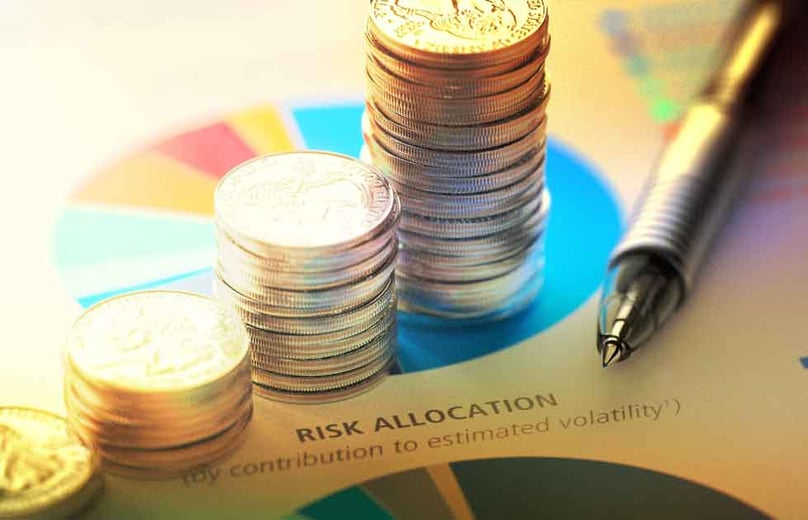The decade leading up to 2025 was marked by a robust bull market, with the S&P 500 index posting a return of 213.4% up until August 27, 2025. However, some exchange-traded funds (ETFs) faced major losses, destroying billions in shareholder value. These poorly performing funds included specialized categories that retail investors typically avoid, ranging from global bonds to biotech-focused funds.
The Morningstar report from March 2025 identified 15 funds that faced the most significant losses over the past decade. This negative performance resulted from a combination of inadequate results and poorly timed investments. Topping the list was the ProShares UltraPro Short QQQ (SQQQ), a leveraged inverse ETF that lost more than $10 billion for investors due to its aim of delivering negative three times the daily performance of the Nasdaq-100.
Other funds that suffered substantial losses include the ProShares Ultra VIX Short-Term Futures (UVXY) and thematic funds like ARK Innovation ETF (ARKK) and ARK Genomic Revolution ETF (ARKG), which lost investors over $12 billion. These funds initially attracted large inflows due to strong performance in 2020, but suffered steep declines thereafter.
Funds focused on specific geographies, like KraneShares CSI China Internet ETF (KWEB) and iShares MSCI Brazil ETF (EWZ), also faced losses due to issues related to political instability and economic problems specific to their jurisdictions.
Shockingly, traditional fixed-income funds such as Templeton Global Bond (TGBAX) and Fidelity Series Long-Term Treasury Bond Index (FTLTX) were not spared either, proving that even mainstream bond investments can significantly lose value when interest rates fluctuate significantly.
While these funds cater to specific trader needs and may flourish under specific market conditions, the past decade shows their downside. However, their shortfalls provide investors with a critical lesson on how not to invest, with passive index funds and large-scale, well-established fund managers proving to be a safer bet.

